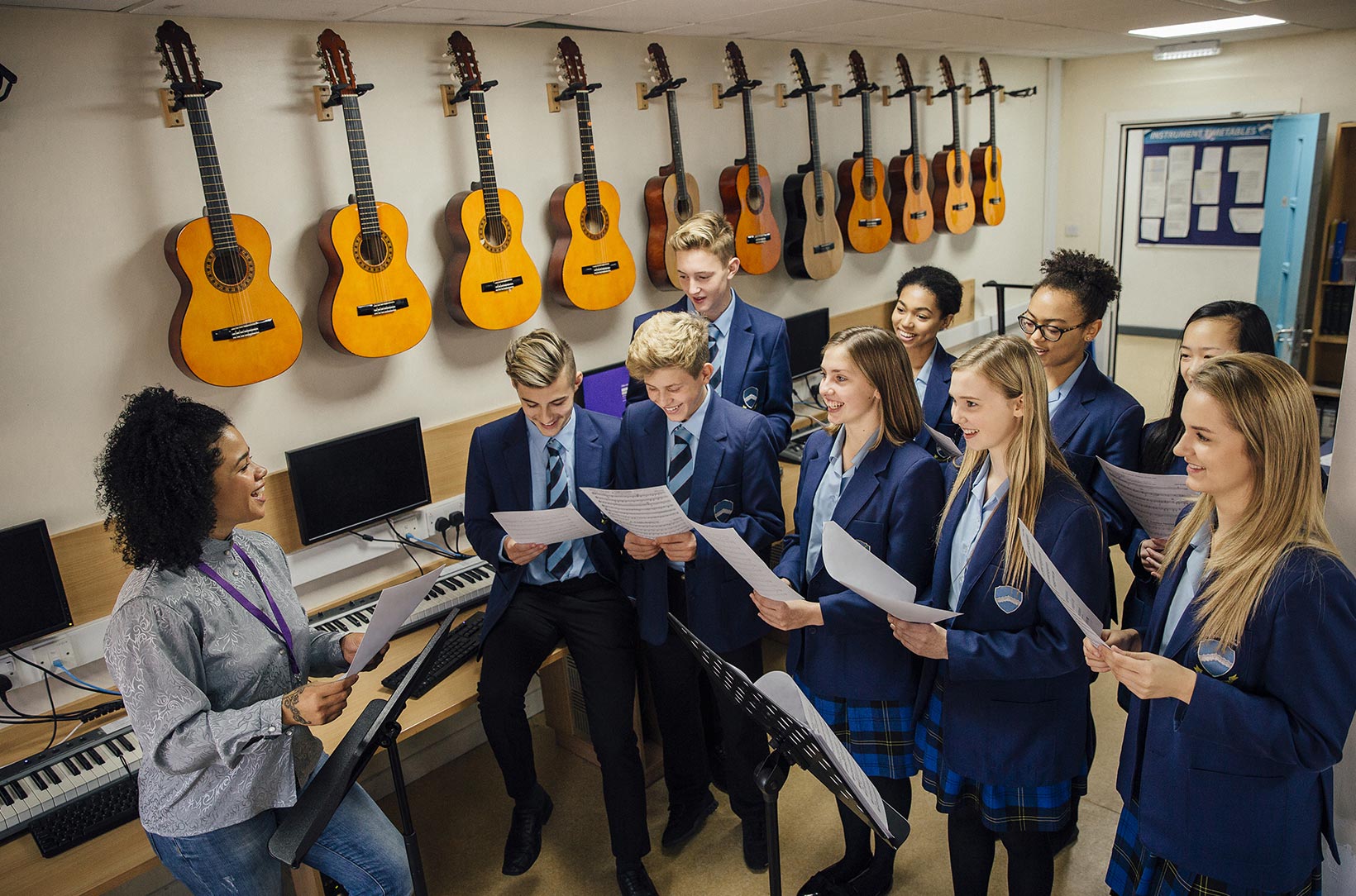We are asking for:
Post-16 transition funding
All schools for excluded pupils should be funded to support pupils to transition successfully into education, employment or training after their GCSEs.
Post-16 provision
For excluded pupils who do not manage to sustain a positive destination after their GCSEs, the government should fund specialist sixth forms. IntegratED research found that 9 in 10 schools for excluded children see a demand and would offer post-16 provision if funded to do so.
Evidence of what works
The government should commission an evaluation of the best ways to keep previously excluded children in education, employment or training.




